The Federal Government is targeting to place Nigeria among the first 70 countries in the World Bank Ease of Doing Business index. The Secretary to the Government of the Federation (SGF), Mr. Boss Mustapha, stated this at the third edition of the annual Corporate Dinner and Merit Awards organized by the Nigerian Maritime Administration and Safety Agency (NIMASA).
He disclosed that Nigeria had moved from 170 to 131 in the global ease of doing business table since Buhari established the Presidential Enabling Business Environment Council (PEBEC) in July 2016.
In a statement by the NIMASA’s Head, Corporate Communications, Isichei Osamgbi, the projection came as Minister of Transportation, Rt. Hon. Chibuike Rotimi Amaechi, said that the transportation sector was being developed as a strategic driver of the President Muhammadu Buhari administration’s economic diversification and growth agenda.
Amaechi explained that the government was focused on the establishment of a strong intermodal transport system that would facilitate seamless movement of goods and people and drastically reduce the cost of transportation and business, generally.
Mustapha, who chaired the evening of honors for outstanding maritime players, noted that recent improvements in the Nigerian maritime industry had positioned it as a viable guarantee of economic growth and wealth creation.

The council was set up to remove bureaucratic constraints to doing business in Nigeria and make the country an increasingly easier place to start and grow a business.
Mustapha said the PEBEC initiative, coupled with significant developments in ports and maritime, had engendered great improvements in ease of doing business in the country.
He said: “In our bid to improving efficiency and productivity in the maritime industry and the country at large, the PEBEC was created to ensure an enabling environment for port efficiency. Government will continue to support the maritime sector because on it rests opportunities for wealth creation and economic growth.”
On his part, Amaechi said with a developed transport sector, “there will be increased productivity, which comes with creation of more jobs and production of more goods and services. All these will make the economy more competitive, reduce dependence on oil, and usher in economic growth. This is our target.
“We are aware that transportation is key in any economic development plan. The major elements of production – raw materials, machines, people, finished products, etc. – have to be seamlessly moved from one point to the other as the need arises.
The President Muhammadu Buhari government is implementing a transport policy, which entails linking all seaports in the country by rail, in line with global best practices. All over the world, the most efficient way to transport heavy cargo is by water and rail.”
He explained that the Federal Government had a 25-year rail modernization programme, involving the development of a comprehensive intermodal system. Saying that government was taking the rail from where the past governments stopped to the seaports.
He added that the Lagos-Kano rail line, which began from Ebute Metta, was being taken from Ebute Metta to Apapa seaport.
The minister said that government would take it from Tin Can and Apapa to connect the new Lekki port.
He said: “The rail line from Lagos to Calabar links Port Harcourt, Onne, and Warri seaports. Our goal is to have a system where importers would bring in their goods and load them on the rail that takes them to the hinterland, thus, easing the pressure on the roads and increasing their longevity.”



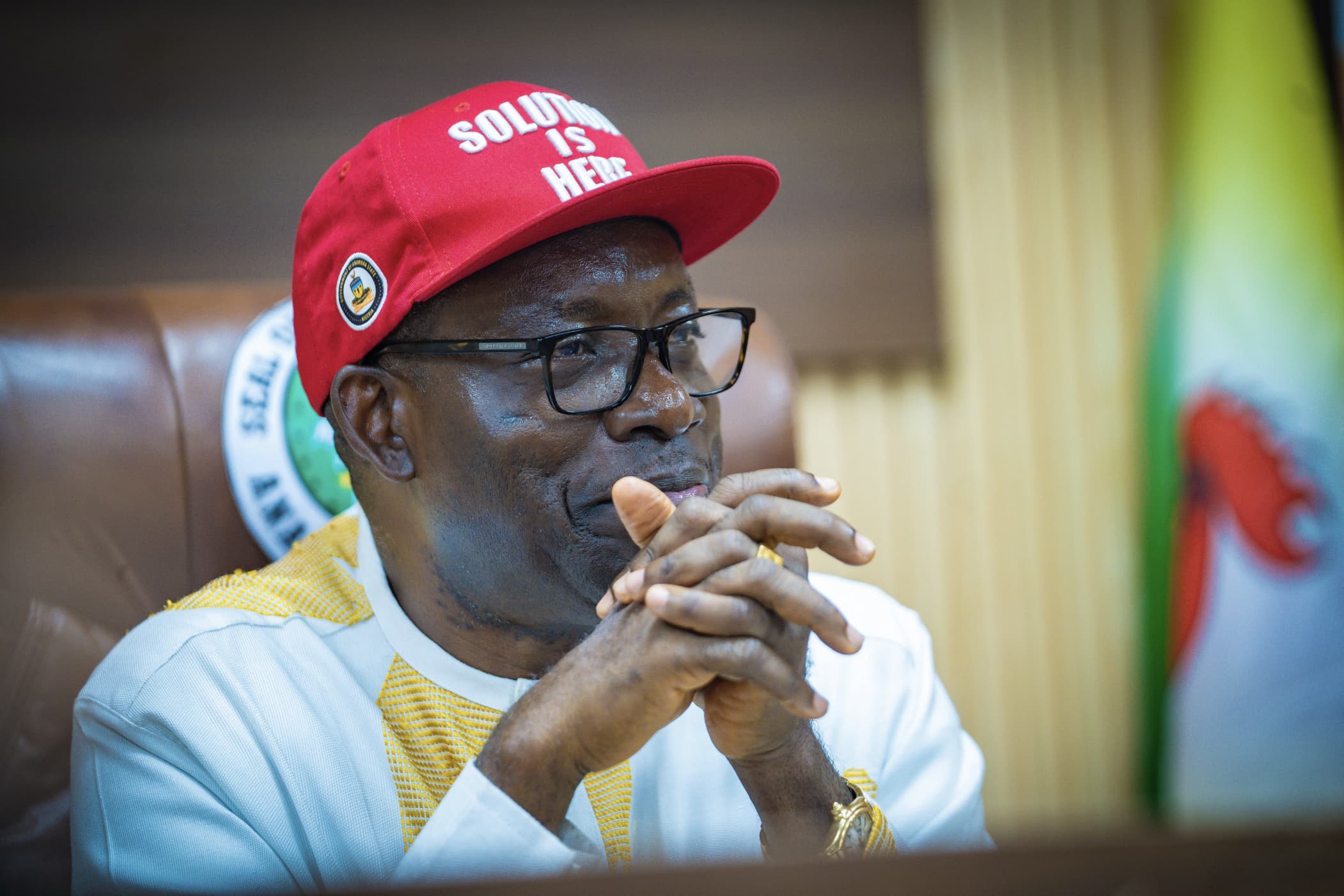

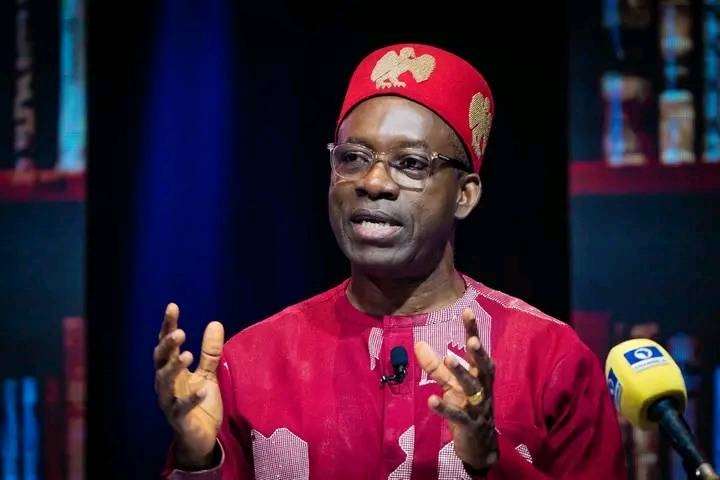
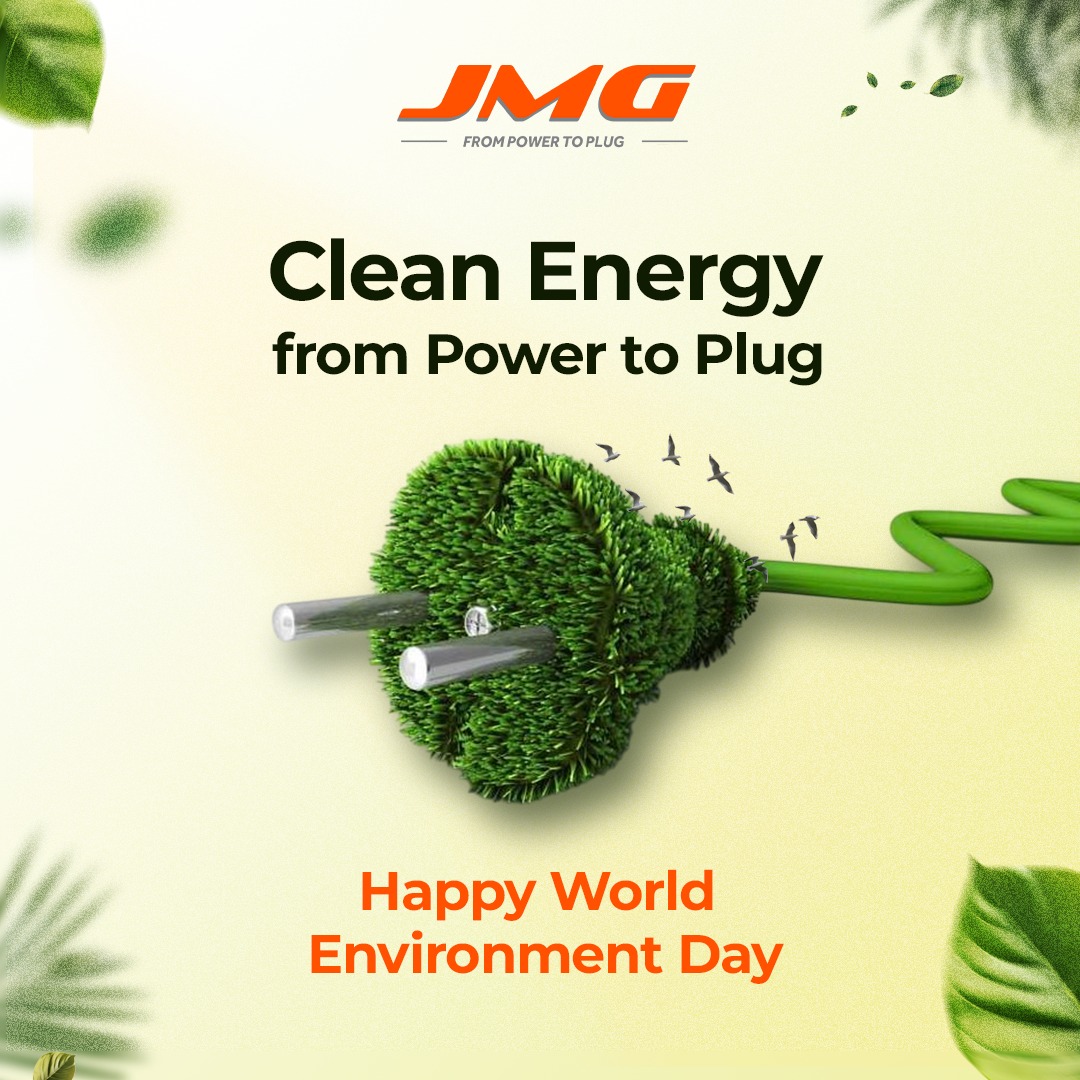

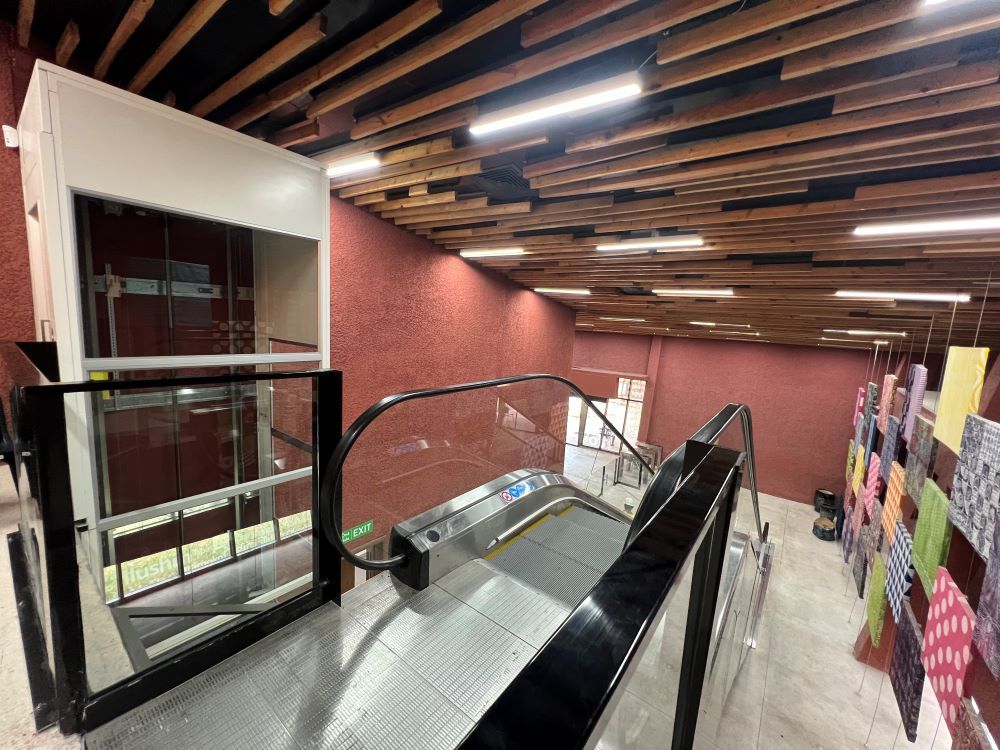
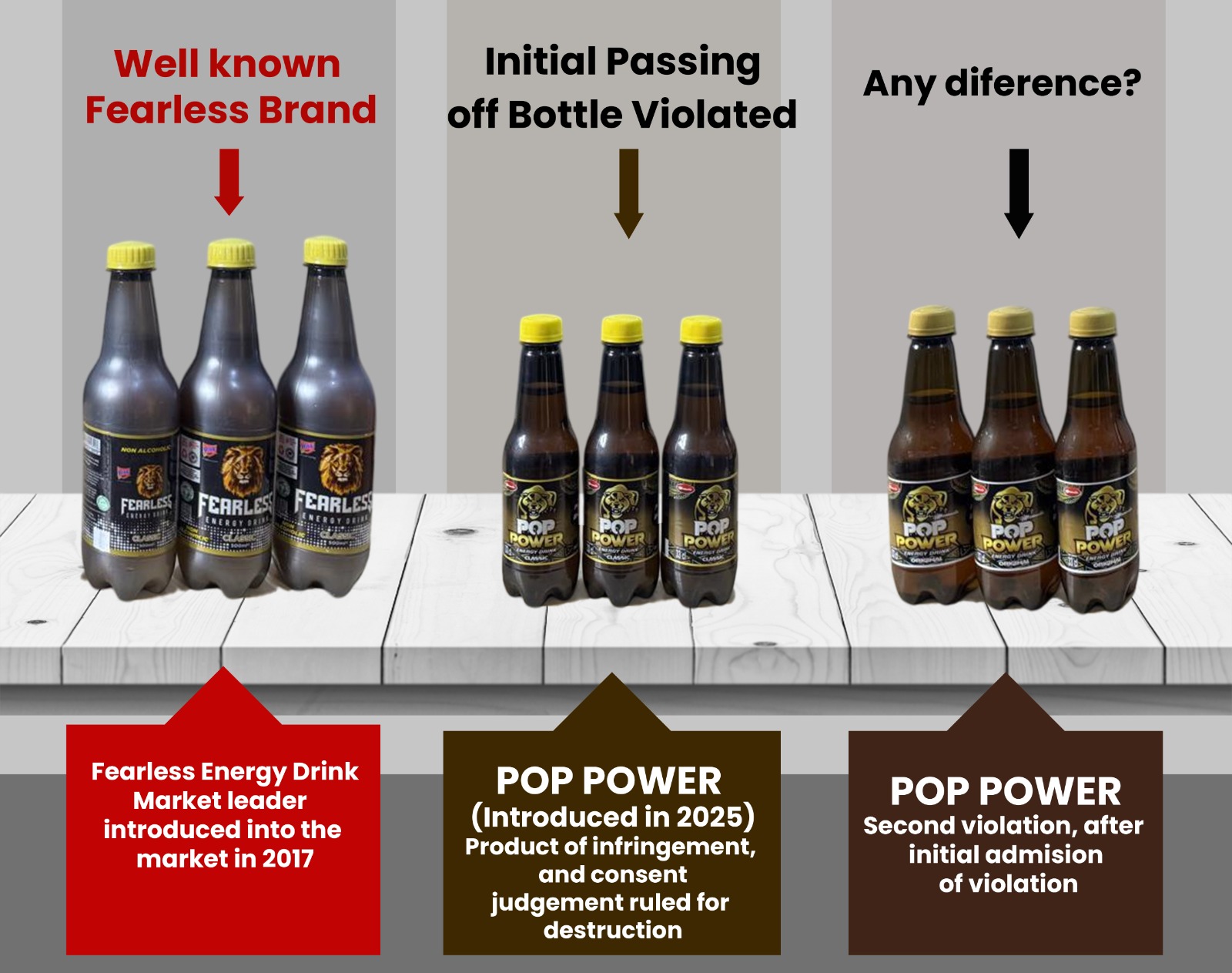





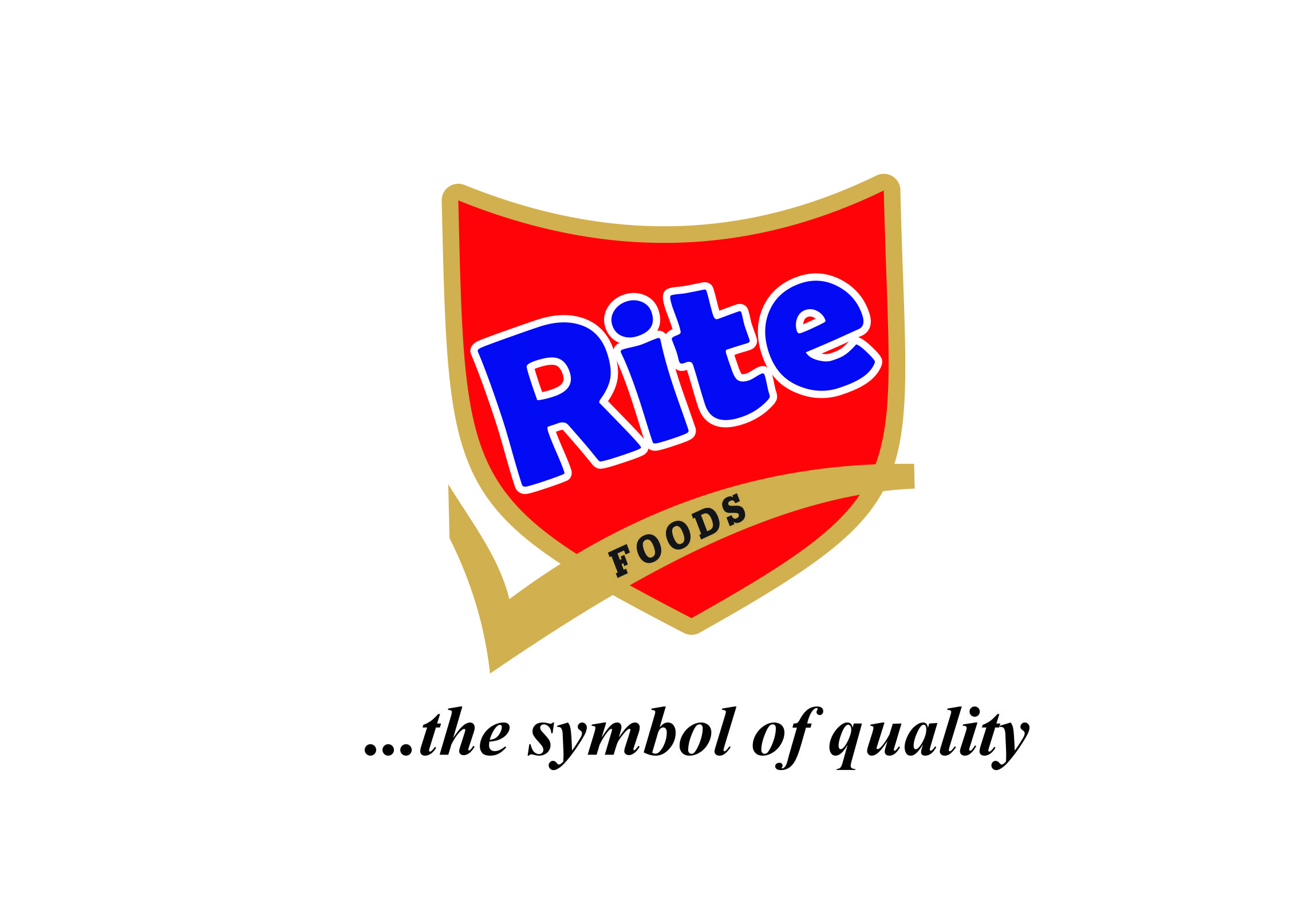
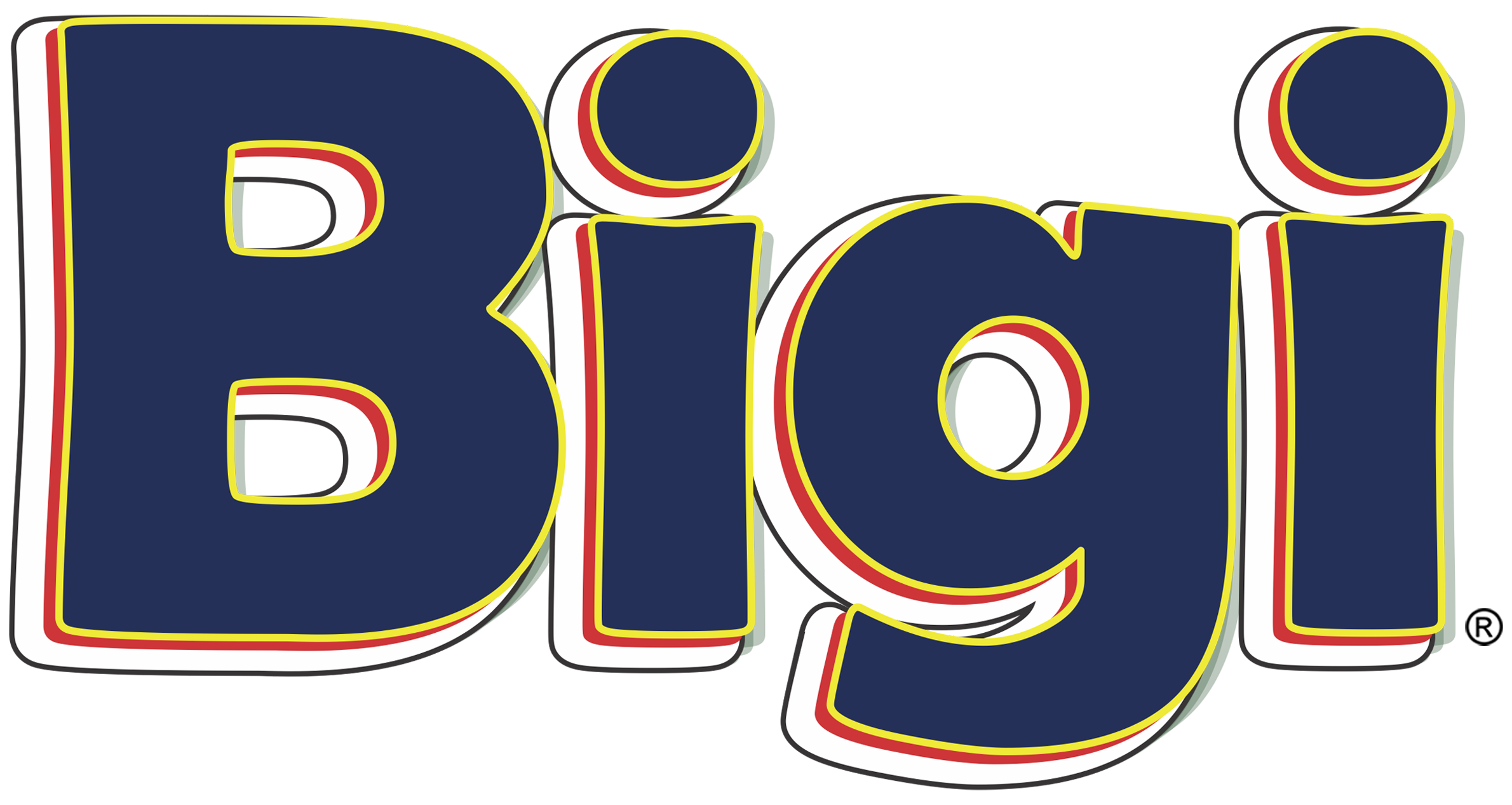





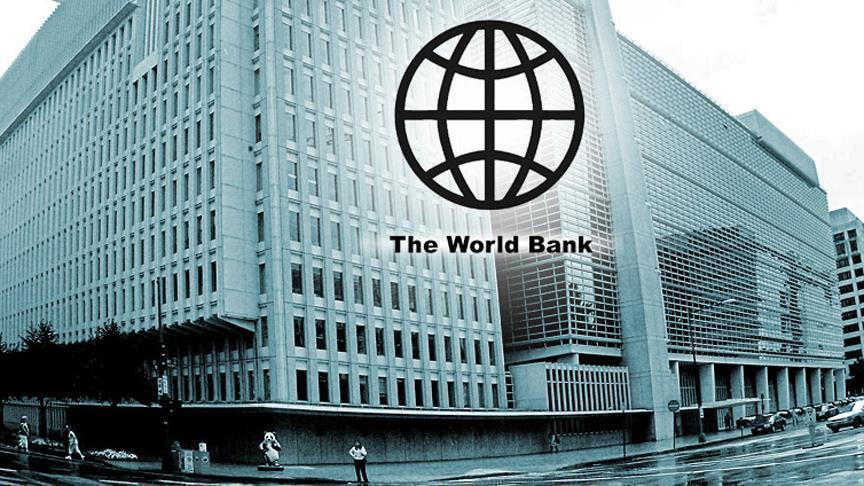

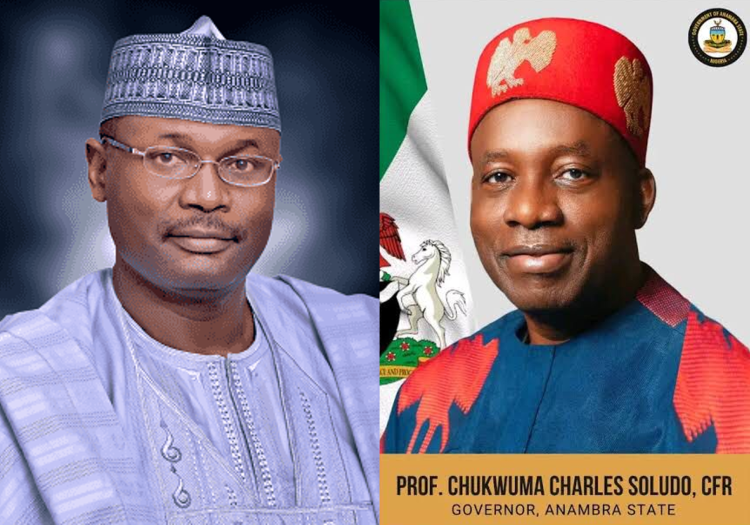



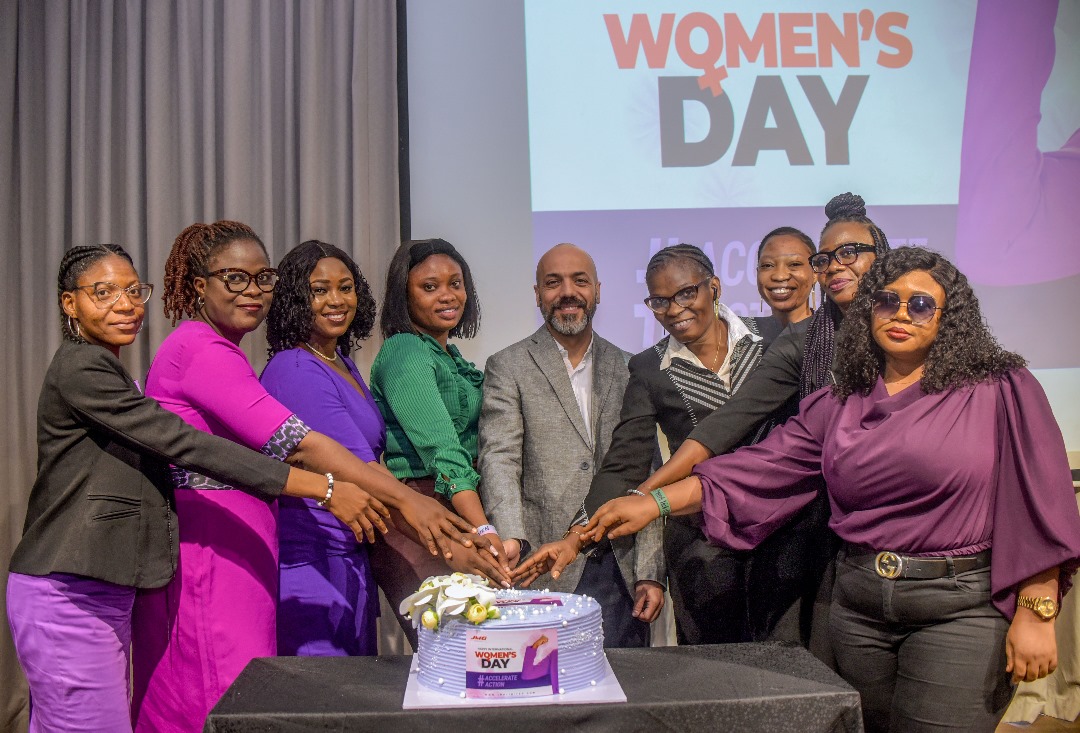
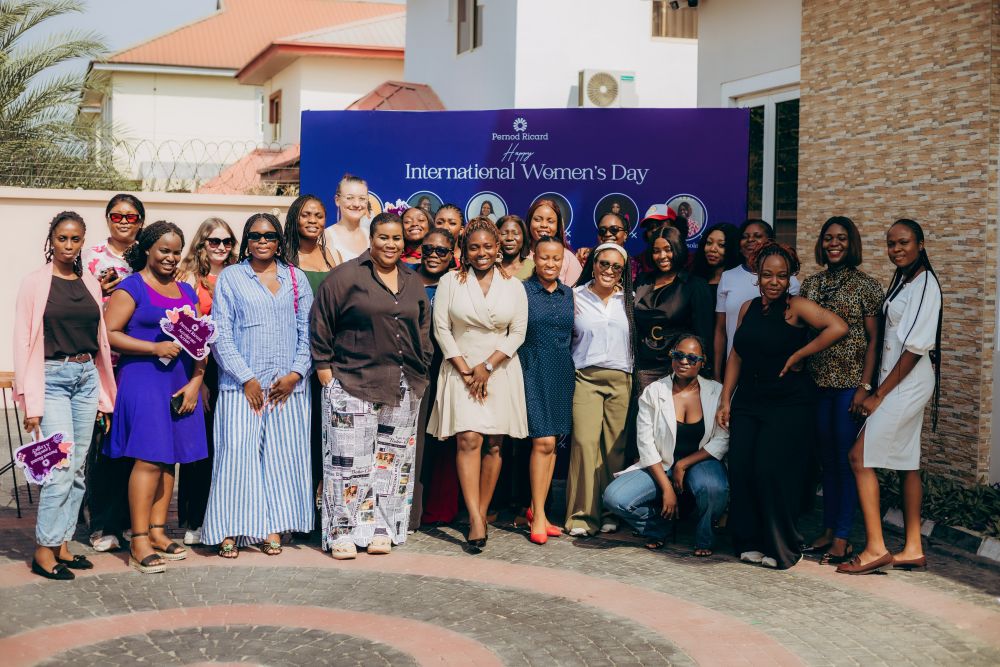
Leave a Reply